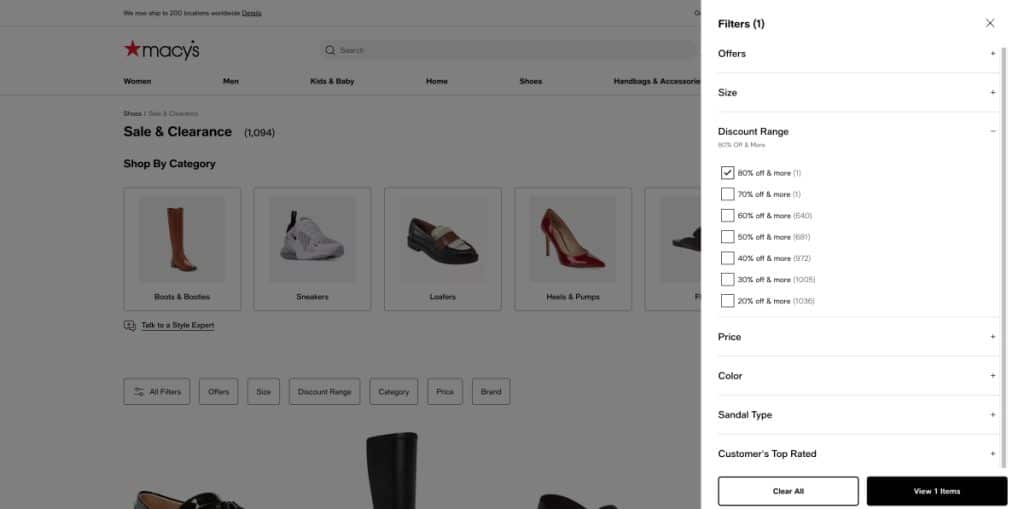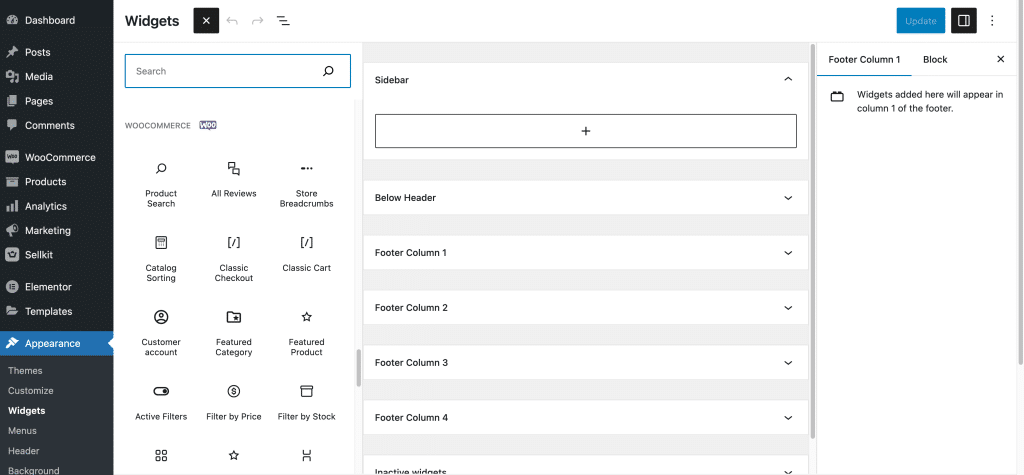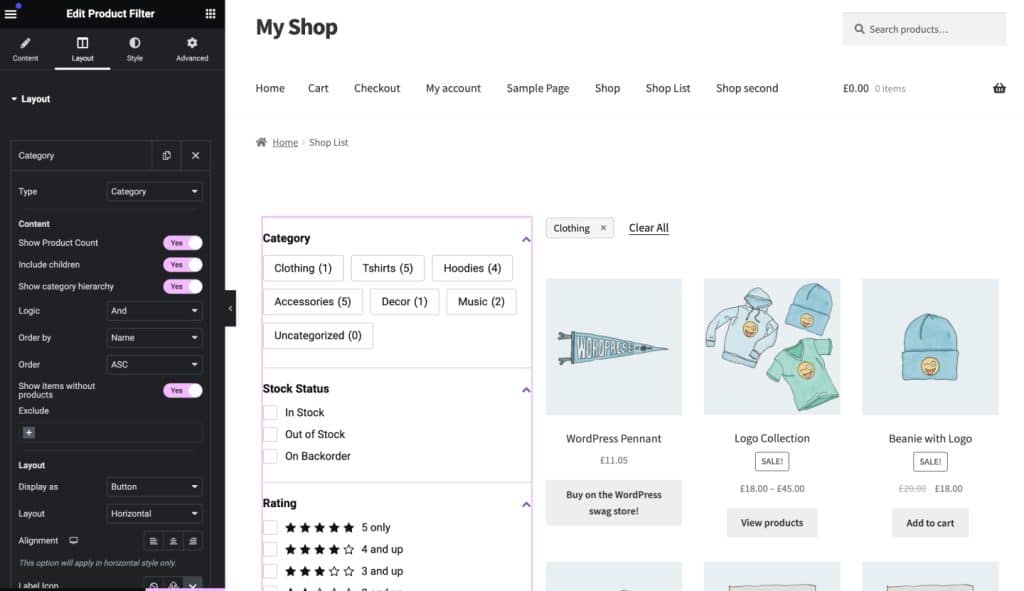In the dynamic world of e-commerce, delivering an exceptional user experience is paramount. WooCommerce, a powerful platform for online stores, offers a myriad of features to enhance the shopping journey. Among these, product filters for WooCommerce stand out as essential tools for helping customers find their desired items effortlessly. In this comprehensive guide, we’ll explore how to implement WooCommerce product filters without relying on plugins, ensuring a streamlined and optimized website performance.
Why Choose Plugin-Free Filters?
While plugins offer a convenient solution for integrating features, they often come with a trade-off. Plugin-heavy websites may experience slower load times, potentially deterring visitors. By implementing product filters for WooCommerce without plugins, you gain more control over the user experience, striking a balance between functionality and website performance. This strategic decision safeguards your online store’s speed and responsiveness.

According to a study by the Baymard Institute, an eye-opening 49% of people cite the ability to easily find what they want as a critical factor in their ideal online shopping experience. The key to unlocking this door? Product filters.
Leveraging Default Product Filters for WooCommerce
WooCommerce comes equipped with a suite of default product filters that can elevate the browsing experience, especially for smaller stores. To integrate these filters:
- Navigate to your WP Admin Dashboard > Appearance > Widgets
- Locate the desired filter widget (e.g., Filter by Price, Attributes, or Average Rating)
- Drag and drop the widget into a supported area, such as the sidebar
These default filters provide a solid foundation for enhancing product navigation without the need for additional plugins.

Enhancing User Experience with AJAX Filters
While default filters are useful, they have limitations, such as requiring page reloads for each selection. To overcome this, consider implementing AJAX (Asynchronous JavaScript and XML) filters. Although WooCommerce doesn’t inherently support AJAX filters, third-party plugins like SellKit can seamlessly integrate them into your store. AJAX filters enable real-time updates without page reloads, providing a smoother and more interactive shopping experience.
Creating Custom Filters
For a highly personalized filtering experience, you can create custom product filters for WooCommerce by editing your theme’s functions.php file. This approach requires a grasp of PHP and the WooCommerce framework. Utilize WooCommerce hooks and functions to define specific filter criteria, such as product attributes, categories, or custom fields. While it demands technical expertise, custom filters offer unparalleled flexibility and control over your store’s filtering options.
But Wait, There’s a Catch…
While implementing WooCommerce product filters without plugins is a viable option, it’s worth considering the potential benefits of using a dedicated plugin. One such plugin is SellKit which offers a wide range of features and customization options that can enhance your product filtering experience.
SellKit provides a variety of product filters for WooCommerce, including categories, tags, price, rating, and more. It also supports variation swatches, allowing customers to easily select their desired product variations.
Managing product filters becomes more streamlined with SellKit, as you can create and control all filters within a single widget. The plugin also offers flexible item display settings and supports advanced filtering logic using AND/OR conditions.

While it’s entirely possible to implement product filters for WooCommerce without a plugin, using a tool like SellKit can save time and effort compared to custom development. It’s worth exploring the features and benefits of such plugins to determine if they align with your WooCommerce store’s needs and goals.
The Wrap-up
Implementing WooCommerce product filters without plugins is a strategic move that prioritizes website performance and user satisfaction. By leveraging default filters, integrating AJAX functionality, creating custom filters, or utilizing Elementor’s tools, you can elevate your online store’s navigation and empower customers to find their desired products effortlessly. Embrace the power of plugin-free filters and watch your WooCommerce store thrive in the competitive e-commerce landscape.

